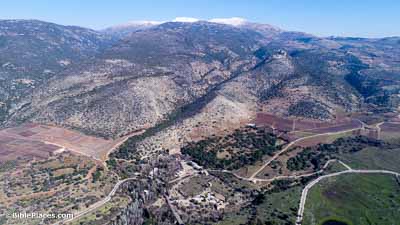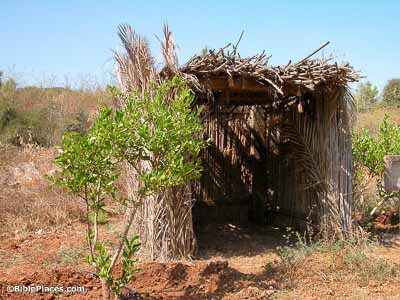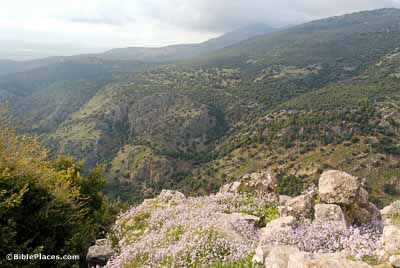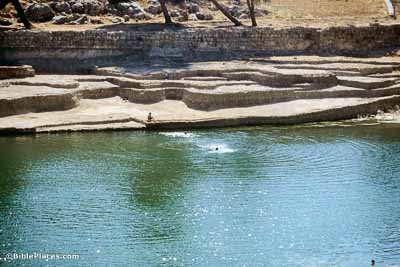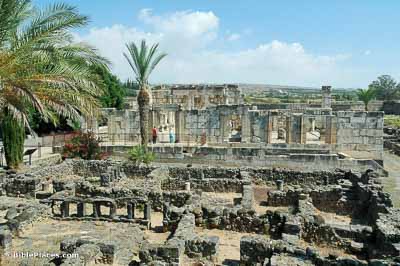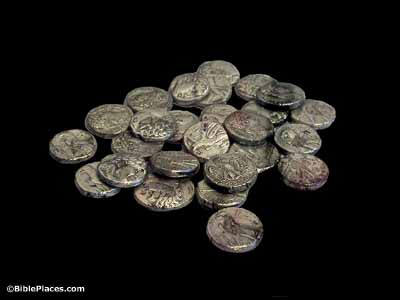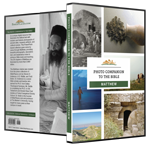Jesus took with Him Peter, James, and John, and brought them up on a high mountain privately (Matthew 17:1b).
No specific mountain is named in the Gospels, but there are reasons to believe it may have been Mount Hermon. As shown in this picture, Mount Hermon overlooks Caesarea Philippi, the setting of the end of the previous chapter. It is also the highest mountain in Israel, fitting Matthew’s description in this verse.
